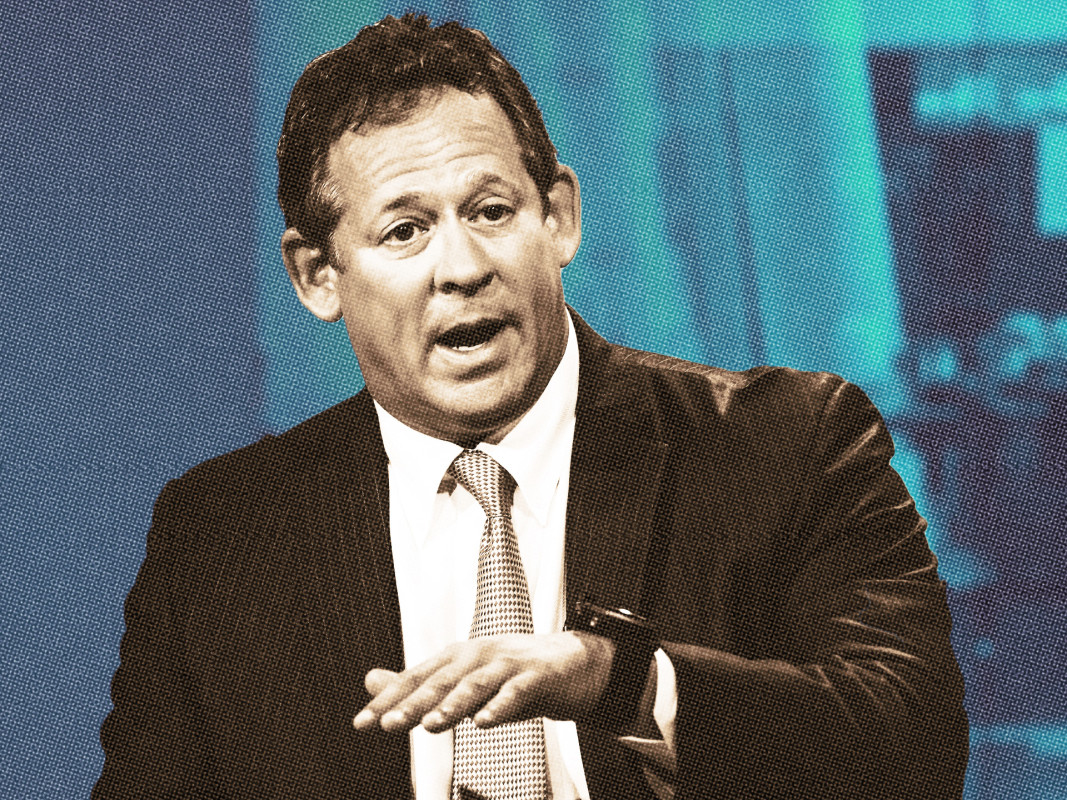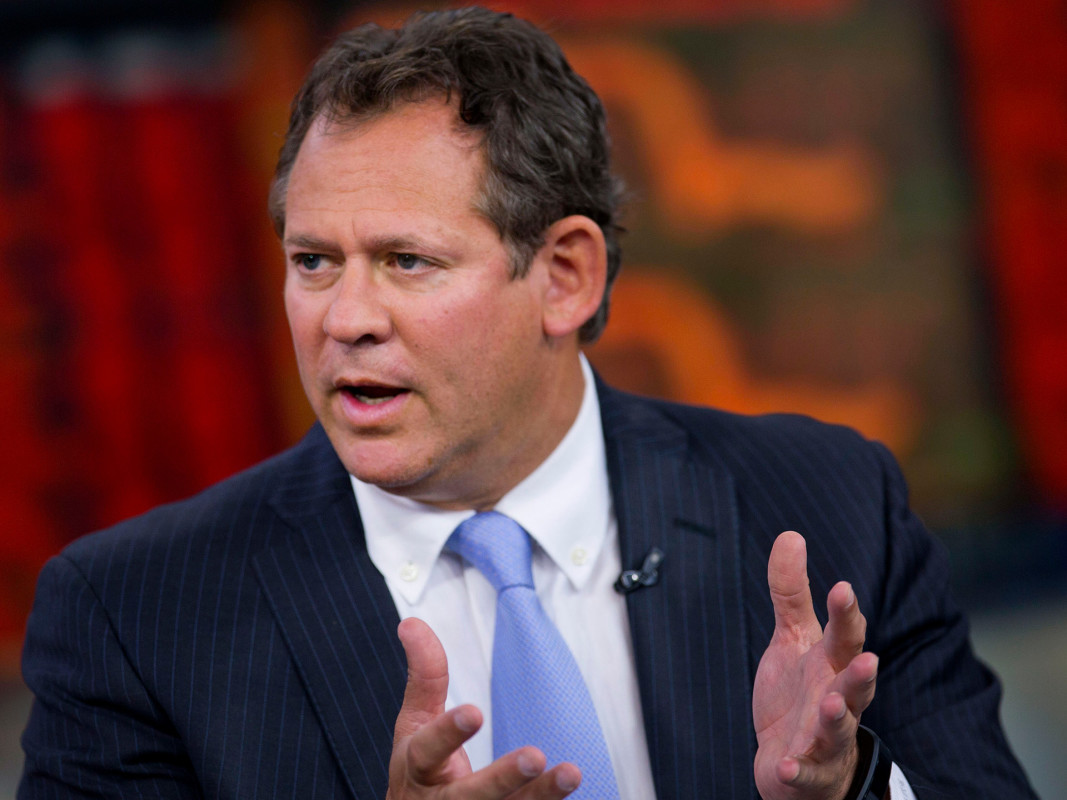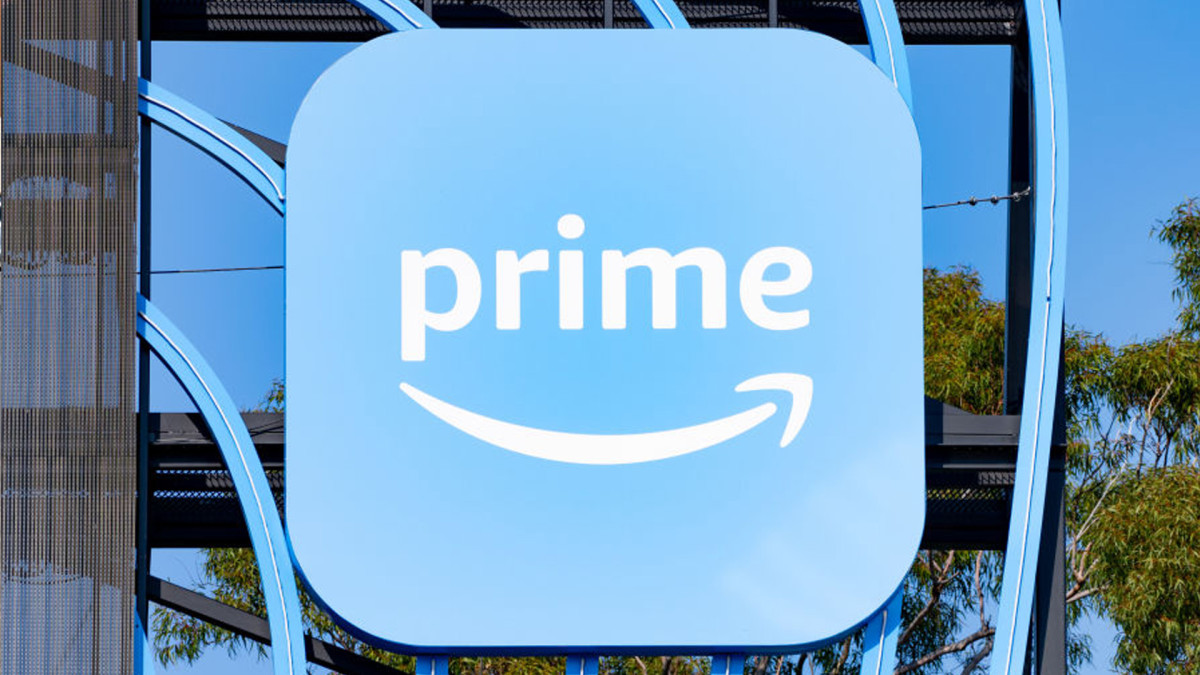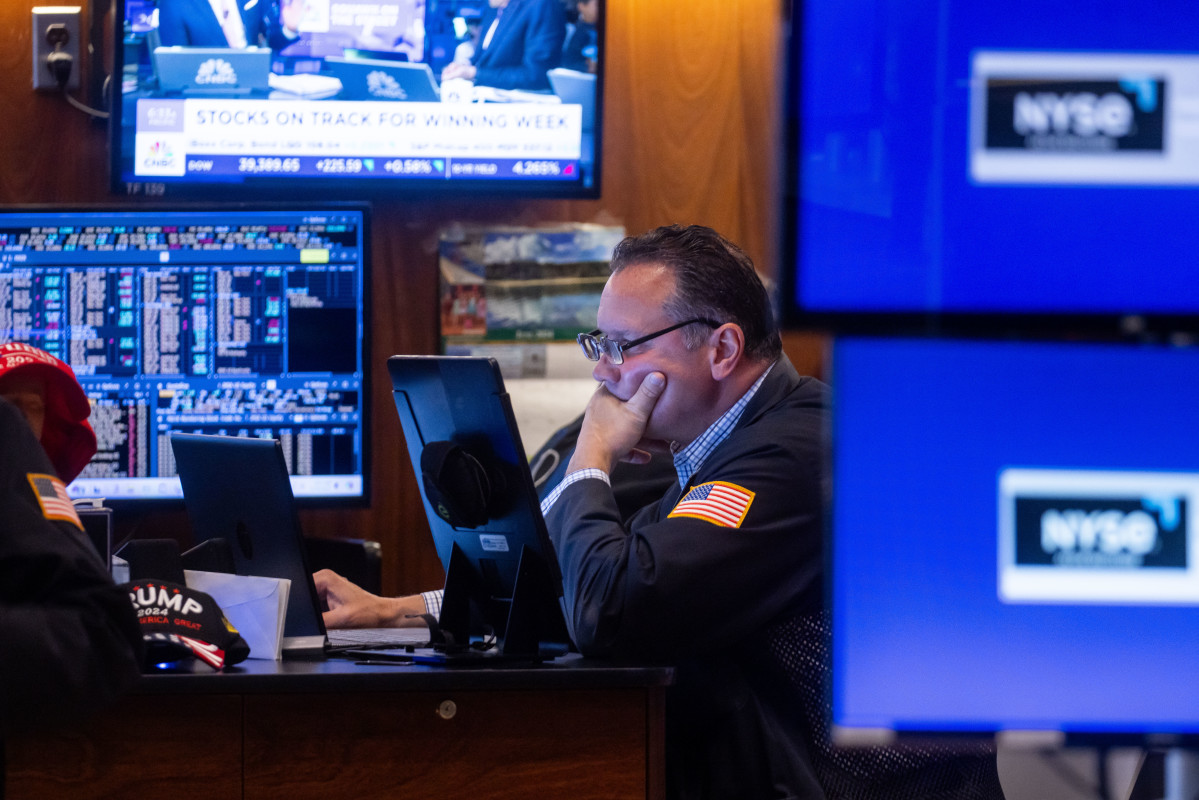BlackRock exec drops hot take on economy
Wall Street always loves a hot take, and Rick Rieder didn’t just toss one; he effectively lit the runway. In a remarkably insightful Yahoo Finance interview, BlackRock’s fixed-income boss stated that he expects the Fed to cut interest rates in December, not next year, while laying out why the ...

Wall Street always loves a hot take, and Rick Rieder didn’t just toss one; he effectively lit the runway.
In a remarkably insightful Yahoo Finance interview, BlackRock’s fixed-income boss stated that he expects the Fed to cut interest rates in December, not next year, while laying out why the market has already signaled this.
He touts cooling inflation and a dicey labor market that’s quietly softening due to AI-fueled productivity, along with rate pain that’s showing up exactly where it hurts the most: think small businesses, low-income borrowers, and housing.
The message isn’t all doom and gloom; it’s practical. If policy continues damaging the wrong sectors, why stick with it? That’s exactly Rieder’s point, adding clarity based on the data. Jin Lee/Bloomberg via Getty
Who is BlackRock's Rick Rieder?
Rick Rieder is a veteran executive at BlackRock, currently serving as the chief investment officer (CIO) of Global Fixed Income, as well as a senior managing director who’s running the firm’s Fundamental Fixed Income business and its Global Allocation investment team.
Additionally, he actively manages the iShares Flexible Income Active ETF (BINC) and has earned Morningstar’s 2023 Outstanding Portfolio Manager award. With Rieder overseeing a platform responsible for nearly $2.4 trillion, when he drops a sharp take on the economy, it’s virtually impossible to ignore.
Related: Morgan Stanley issues shock take on the stock market
Lately, he’s also been floated as a potential successor to Federal Reserve Chair Jerome Powell, raising the stakes on his rate-cut commentary.
Here are a handful of names getting the most buzz for Fed chair:
- Kevin Hassett: Trump-world favorite and White House National Economic Council (NEC) boss, the market sees him as one of the front-runners.
- Kevin Warsh: Ex-Fed governor with crisis-era chops.
- Christopher Waller: Current Fed governor, who’s considered a more “safe technocrat” while still checking the lower-rates box.
- Michelle Bowman: Community-banking voice on the Board.
- Rick Rieder: BlackRock fixed-income chief, markets heavyweight with a macro view that’s perhaps second to none.
Rieder’s case for a December rate cut
So why is Rieder so convinced of a December federal funds rate cut?
It’s far from being just a gut call; he’s reading the market like few can. As he put it, “One thing I've learned about markets is you have to interpret what they are saying.”
It's a reminder that for Rieder, the data are practically whispering that the Fed’s next move is overdue.
Inflation isn’t what it used to be
Rieder’s take on inflation is pretty simple, in that rate hikes can’t fix everything.
“What’s sticky inflation? Health care, insurance, education,” he said. “Pretty hard to get interest rates to help health care, insurance, education.”
Related: 110-year-old tech giant reveals quantum edge
So the Fed could raise or cut rates all it wants, but those costs are unlikely to budge because they’re not tied to borrowing.
However, the bigger picture looks mostly calm: “six months core PCE… about two and a half percent,” and “five-year inflation break-evens at two-and-a-half percent.”
So, inflation’s cooling, not crashing, and the broader market seems fine with that.
Labor is the next soft spot
Additionally, Rieder’s caution flag is aimed at jobs, not growth.
AI and automation are bumping output while trimming head count, particularly in a hot area like data centers. “You don’t see a lot of people… you see a huge amount of CapEx,” he said, and “productivity is exploding everywhere.”
Though that’s great for margins, it’s a lot tougher for workers.
More Experts
- Dave Ramsey sends blunt warning to Americans on Medicare
- ACA Enrollment 2026: What You Need to Know Before Choosing a Health Plan
- Medicare Expert: Medigap prices hide 20% Cost Trap—Here’s an $840 out
Stripping out health care, Rieder insists that there’s actually negative job growth, which means the potential December cut looks less like risk and more like relief.
Major companies' recent layoffs and hiring moves:
- Amazon: Axed 14,000 corporate jobs (4%) to lean into AI back in July 2025, its biggest cut since 2023.
- Microsoft: Trimming 9,000 roles (4%) as it retools around cloud and AI.
- Meta: Kicked off 2025 by cutting 3,600 jobs (5%), and kept tightening with targeted AI-unit reductions later.
- Target (retail): Axed 1,800 corporate positions (1,000 layoffs + 800 vacancies) in speeding up decision-making while fixing the basics.
- Walmart (retail): Frozen job offers to candidates requiring H-1B visas after new $100,000 fees.
Debt and complacency could test U.S. economic strength
Zooming out, Rieder sounds like Wall Street’s designated adult.
Specifically, he talks about how the deficit isn’t today’s five-alarm fire, but the debt still lurks.
“The amount of debt we have in the country is still a tail risk… 89% exactly, is two years and in,” which involves consistent rolling, constant rolling, and sensitivity to rates.
However, if growth rates stay robust and “you keep nominal GDP over the cost of the debt… we’ll actually delever the economy,” Rieder argues.
Nonetheless, the bigger problem remains complacency, with Reider arguing there’s still a ton of money in the system, which nudges investors out of the risk curve.
On the other hand, the profits are still gushing, and big tech's free cash flow, he feels, is “like nothing I’ve ever seen,” fueling mergers and acquisitions, along with confidence.
For perspective, Big Tech’s cash spigot is still open.
Google-parent Alphabet just printed $24.5 billion in Q3 free cash flows, while Microsoft generated $37 billion in operating cash in FY25 Q3 and added $16.7 billion to capex. Meanwhile, the U.S. debt hit a new record, topping $38 trillion in October.
Related: Palantir could be staring at a big problem
What's Your Reaction?




















































